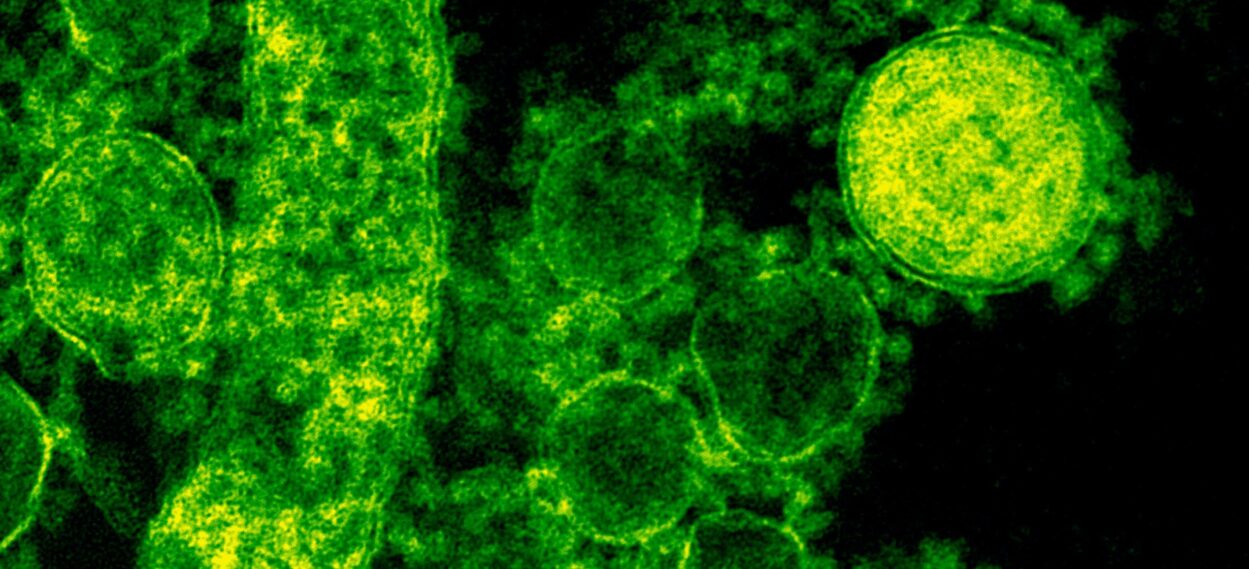IDSA and SHEA Update Clostridium difficile Infection Clinical Practice Guidelines

 Clostridium difficile* infections (CDI) are associated with significant morbidity and mortality in the United States. Based on data from 2006 to 2011, studies estimated close to 500,000 CDI cases annually, resulting in 15,000 to 30,000 deaths and 4.8 million dollars in excess costs to acute care facilities. C difficile infections remain a major public health problem, affecting patient safety as well as the efficiency of health care delivery.
Clostridium difficile* infections (CDI) are associated with significant morbidity and mortality in the United States. Based on data from 2006 to 2011, studies estimated close to 500,000 CDI cases annually, resulting in 15,000 to 30,000 deaths and 4.8 million dollars in excess costs to acute care facilities. C difficile infections remain a major public health problem, affecting patient safety as well as the efficiency of health care delivery.
It is in the context that CDI remain an urgent health care threat and that a number of advances in CDI management has emerged since 2010 that IDSA and SHEA released an updated clinical practice guidelines for Clostridium difficile infection (CDI) in Clinical Infectious Diseases on February 15th. Notable changes or additions in this updated guidelines include:
– Recommendations (epidemiology, diagnosis, and treatment) for pediatric patients
– Diagnostic recommendations that incorporate detection of C difficile glutamate dehydrogenase (GDH), toxin, and/or nucleic acid based on presence or absence of pre-agreed institutional criteria
– Preferential use of soap and water for hand hygiene after direct contact with feces or an area with fecal contamination
– Use of soap and water or an alcohol-based product for hand hygiene in routine or endemic settings after glove removal
– Use of oral vancomycin or fidaxomicin as primary therapy for both severe and non-severe initial CDI episode
– Use of oral metronidazole as alternative therapy for non-severe initial CDI episode ONLY if oral vancomycin or fidaxomicin is unavailable
– The role of fecal microbiota transplantation in the management of recurrent CDI
Innovations that became available after the completion of this guideline will be addressed in an update planned for the latter part of 2018. These innovations include bezlotoxumab (a monoclonal antibody directed against toxin B used as an adjunctive therapy for reduction of CDI recurrence in patients receiving CDI treatment) and multiplex polymerase chain reaction (PCR) diagnostic tests that are capable of detecting more than 20 enteric pathogens including C difficile.
To download this guideline free of charge, go to https://academic.oup.com/cid/advance-article/doi/10.1093/cid/cix1085/4855916.
* Clostridium difficile has recently been renamed as Clostridioides difficile.
Written by Phil Chung, PharmD, MS, BCPS



